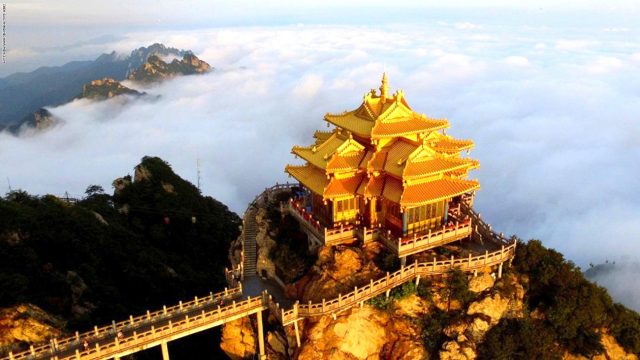The pandemic doldrums
2020-08-31A widely-shared experience during this pandemic is the feeling that our lives are not so much on “pause” as stuck on “repeat.” Without the things that enliven and give variety to our lives, we can feel trapped in a loop of similitude.
Last week, it got to me. I hit the doldrums. In nautical terms, they’re the area of the oceans near the equator where winds barely blow and sailing ships can be stuck for long periods.
Although we may at times feel like sailors becalmed in the doldrums, our situation is different. Our repetitive routine masks movement. Our daily loops can be tedious but are not identical. We’re in an orbit that adjusts incrementally, nudged not by gravity but by bits of new intelligence and minor changes in circumstance. Every day comes with news that brings us a step closer to the end of this crisis.
What makes our current life of incrementalism so frustrating is that sometimes those changes seem to take us backward. We may not be traveling right now, but the virus certainly is, threatening to undo what progress we thought we had made. We may learn, for instance, steps we can take to slow the spread, but it’s maddening that portions of our population refuse to cooperate in the effort.
Still, small steps are sometimes the only way forward. I spoke last week with Eddie Frank, CEO of Tusker Trail, a Lake Tahoe-based adventure company. I met Eddie after his guides and crew brought me and two of my children to the summit of Mount Kilimanjaro last January.
Eddie hasn’t had a booking up the mountain since February and is in negative cash flow, continuing to pay a crew of 18 in Tanzania. He said he had some promising bookings for a solar eclipse trip to Chile later this year, but those bookings are canceling and the trip “is starting to crumple.”
He’s spending his time trimming things, working on a marketing plan, redoing his website and repositioning his business for when this all ends. “Building-block stuff,” he said.
And he, too, employs the language of a journey as a metaphor to explain how to get through the pandemic.
The words you hear most often from guides as you climb Kilimanjaro are “pole, pole,” Swahili for “slowly, slowly.” It’s how you conserve strength and avoid, to the extent possible, injuries and sickness. The success rate of those who rush forward out of a sense of restlessness or recklessness is far lower than those who understand that the mountain dictates the appropriate pace of progress.
And I can tell you from experience that progress on the mountain is not measured only in terms of ascent. You may finally reach the ridge of a valley only to see the path descend into the next valley, your previous gain in altitude to be repeated hours later, perhaps multiple times a day.
“When you climb the mountain, you start with the goal,” Eddie said. “But you don’t know each morning what the day is really going to look like, what challenges it will present, even when the guide gives you a detailed description of what to expect. You do get to the top through incremental gain into what, to you, is the unknown.
“We’re just not used to moving so slowly,” he said.
And moving slowly, it turns out, is sometimes the only sure way to reach the goal.
Courtesy of Travel Weekly


